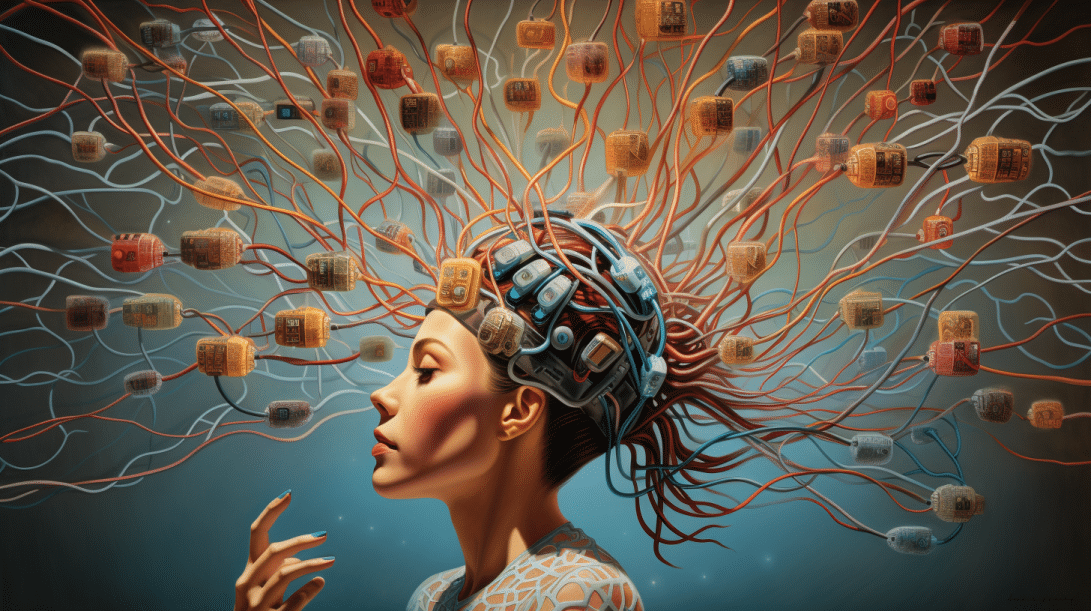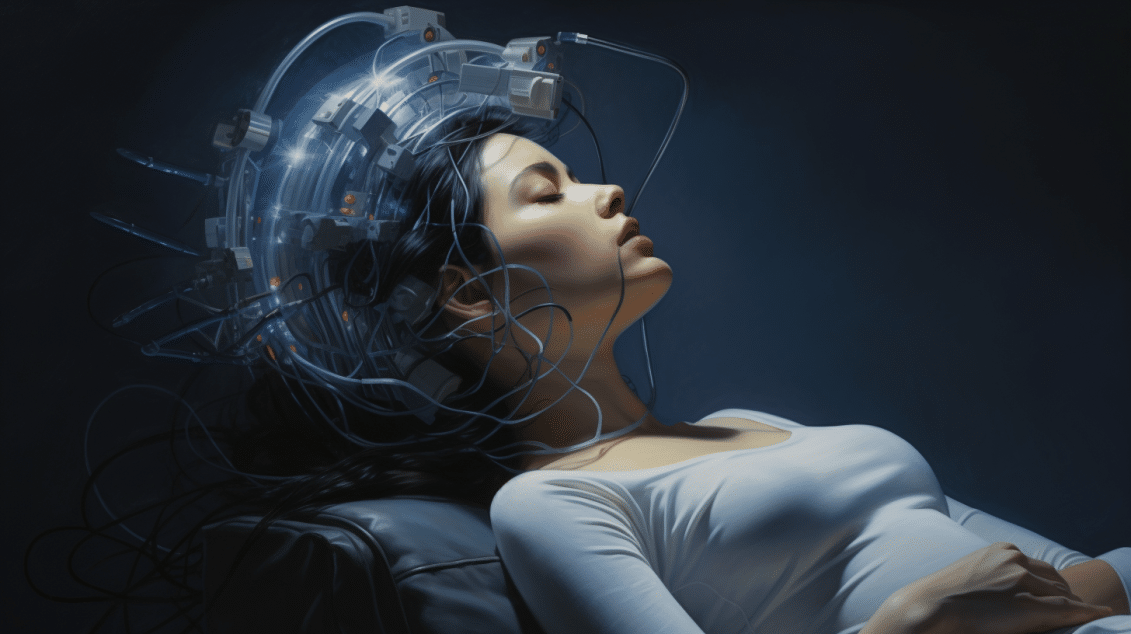New Insights Into Brain Patterns of Psychological Resilience: Frontal Alpha Waves
Resilience is key to coping with life’s stressors, but how it works in the brain is still being unraveled. A new study provides evidence that resilience involves distinct brain processes depending on whether someone is depressed or not. Key Facts: Resilience was linked to frontal lobe brain activity patterns that differed between depressed and non-depressed …










